Health & Beauty
The Ultimate Guide to Gut Health: Importance, Benefits, and Tips
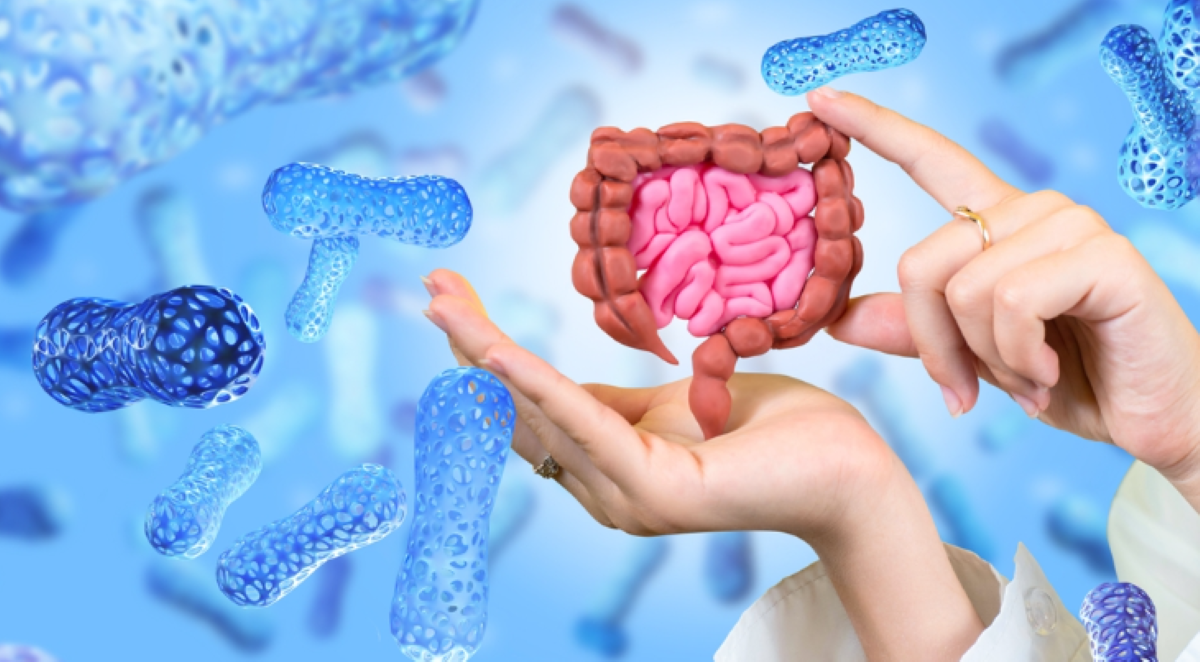
A healthy microbiome in your gut (the collection of beneficial and negative bacteria that reside in your digestive tract) is vital to ensure the best health.
Why Gut Health Matters
- Improved digestion: A healthy gut assists in breaking down food and absorbing nutrients more efficiently.
- Greater Immunity More than 70 percent of our immune system is located in the digestive tract, making it crucial for protection against illness.
- Better mental health The gut-brain link can affect mood, stress levels, and cognitive functioning.
- Weight management: A healthy gut microbiome may aid in metabolism and help reduce cravings.
- Reduction of Inflammation Gut health issues is associated with chronic illnesses such as IBS as well as diabetes, as well as heart diseases.
- Healthy Skin Gut health can influence skin conditions like acne and eczema, as well as a condition known as psoriasis.
Signs of an Unhealthy Gut
- Gastric issues and frequent bloating
- Diarrhea or constipation
- Food intolerances
- Fatigue and low energy
- A lot of infections and weakening of the immune system
- Anxiety, mood swings, or depression
- Skin problems (acne or rosacea), eczema or acne)
Tips to Improve Gut Health
1. Eat a Fiber-Rich Diet
- Include fruits and veggies, whole grains, and legumes to aid in healthy digestion.
- Prebiotic foods such as garlic, onions, bananas, and asparagus help nourish healthy gut bacteria.
2. Consume Probiotic-Rich Foods
- Kimchi, kimchi, yogurt, kefir sauerkraut, miso, and kombucha all provide beneficial live bacterial cultures.
3. Stay Hydrated
- Drinking enough water can aid digestion and improve gut function.
4. Limit Processed Foods and Sugar
- In excess, artificial additives and sugars can encourage the growth of harmful bacteria.
5. Manage Stress
- Chronic stress has a negative impact on digestion; try yoga, meditation, deep breathing, and exercise.
6. Get Enough Sleep
- A lack of sleep can disrupt the gut bacteria and can cause digestive problems. Try to get 7 to 9 hours each night.
7. Avoid Overuse of Antibiotics
- Antibiotics may destroy beneficial bacteria. Only apply them when necessary, and then take probiotics following the use.
8. Stay Active
- Regular physical exercise helps with digestion and improves the health of the microbiome of the gut.
9. Consider Supplements
- If required, you need supplements with digestive enzymes or probiotics following consultation with a healthcare expert.
10. Chew Food Properly
- Digestion begins at the mouth; therefore, eating well eases the burden on the stomach.
Final Thoughts
The health of your gut is essential for overall well-being. Through a balanced diet, reducing stress levels as well as staying hydrated, and avoiding harmful substances, you can improve your digestion system and increase your overall health.
Health & Beauty
Truth & Hair Introduces the Ultimate Valentine’s Hair Ritual

This Valentine’s Day, Truth & Hair India’s leading texture-forward hair beauty brand invites lovers, besties, and self-care enthusiasts to celebrate love in its most authentic form: by embracing your true hair identity. Known for pioneering a science-led approach to haircare that honours scalp health and personal expression, the brand is releasing curated gifting stories featuring its most loved essentials designed for straight, wavy, and curly hair types — because every texture deserves to shine.
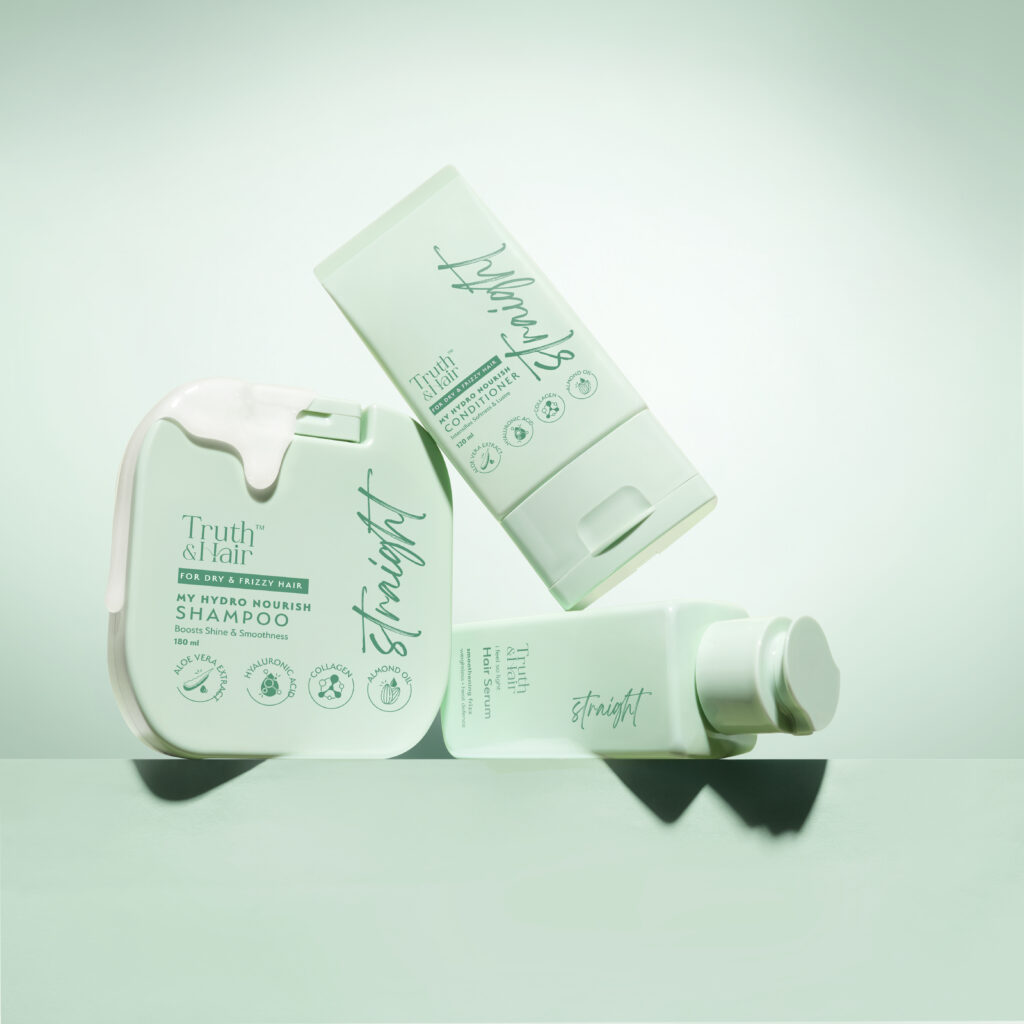

At Truth & Hair, beauty meets purpose. Founded on the revolutionary idea of “skinification of hair,” the brand treats the scalp with the same care and intentionality usually reserved for skincare — creating formulas that go beyond surface solutions to nourish hair from root to tip. Its portfolio includes sulphate-free, cruelty-free, and dermatologically-tested shampoos, conditioners, styling tools, and hair-makeup favourites tailored for every hair texture, helping users achieve frizz-free waves, smooth shine, or definition that lasts.

This Valentine’s Day, Truth & Hair invites consumers to rethink gifting as both self-expression and celebration offering beautifully packaged favourites like the Root Touch-Up Hair Mascara for instant confidence boosts, precision styling brushes to define every curl and wave, and texture-specific care bundles for everyday self-love. Each product tells a story of authenticity, empowerment, and care — perfect for the person who values looking and feeling their best, or simply deserves a thoughtful, feel-good gift.
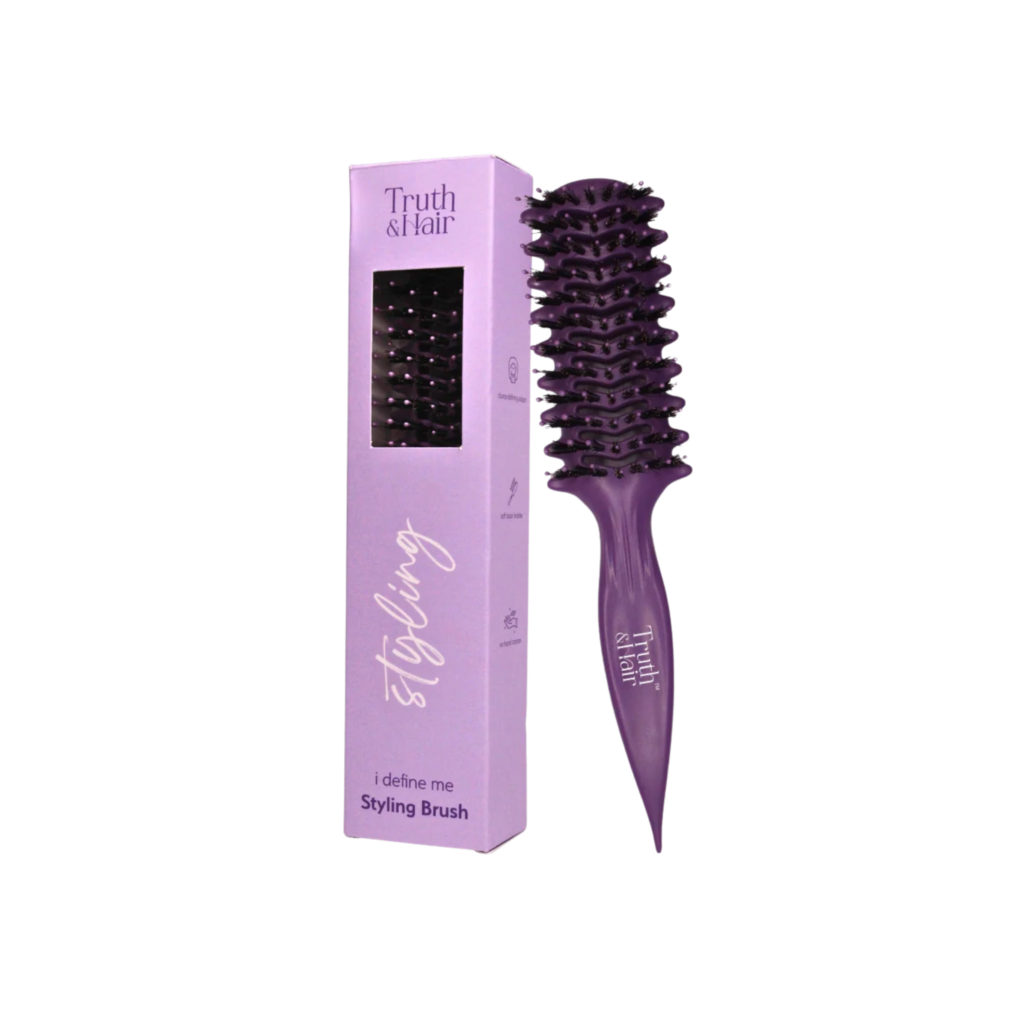

“Hair care isn’t just routine it’s ritual. This Valentine’s, we want people to celebrate love in its many forms: self-love, friendship, and connection. Our products are about confidence, joy, and embracing your truth,” says Saumya Alagh, Co-Founder of Truth & Hair.
With its pastel aesthetic, playful spirit, and performance-driven products, the brand has rapidly become a go-to choice for Gen Z and millennial audiences seeking beauty with meaning. The Valentine’s gifting collection captures this ethos — offering options that feel personal, fun, and unforgettable.
Health & Beauty
Luxiora’s Lip Kit Trios That Make Valentine’s Gifting Effortless

Romantic. Wearable. Repeat-worthy.
There’s truly no such thing as too many lipsticks—especially when they’re curated to take her from day dates to night glam. This Valentine’s Day, Luxiora Cosmetics makes gifting effortless with its 3-in-1 Lip Kits, designed to build, layer, and switch moods in seconds.

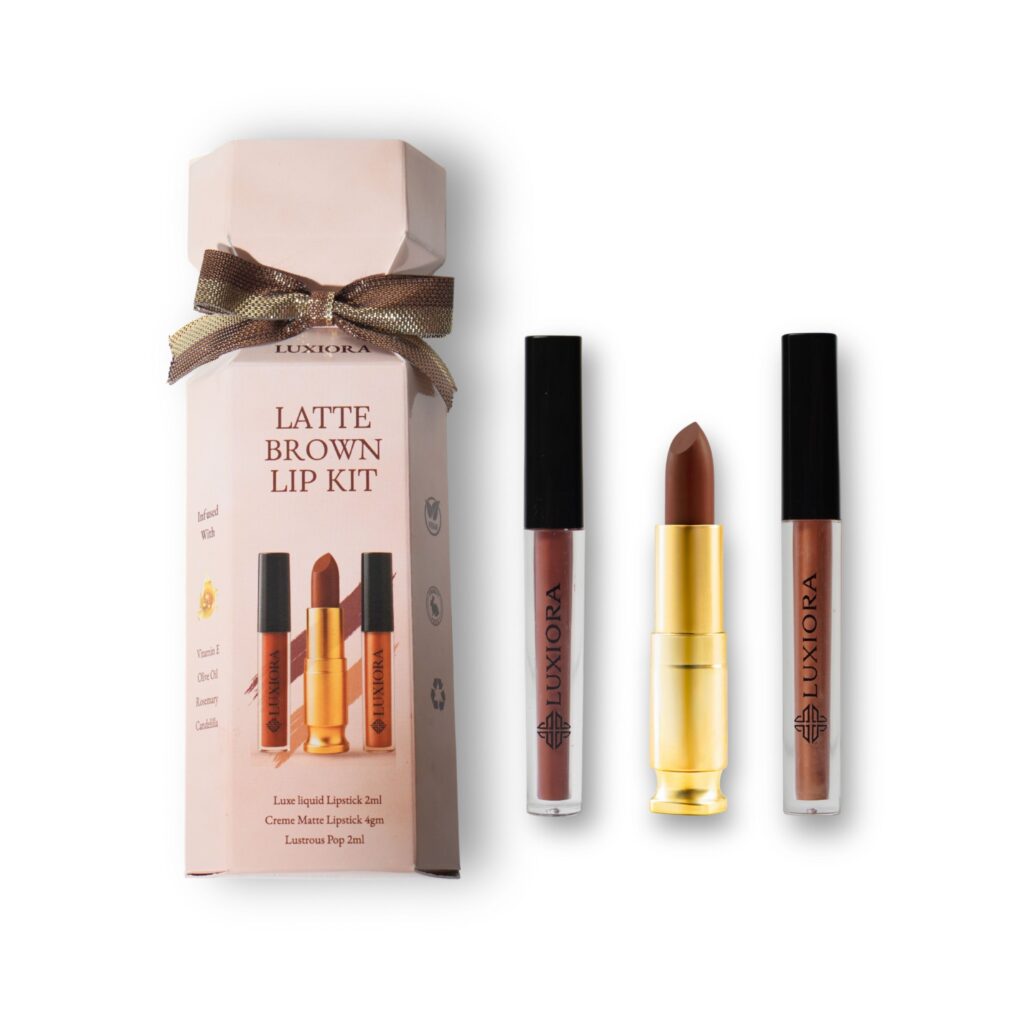
Each kit includes three full-size lip essentials—a crème-matte bullet lipstick for comfortable everyday wear, a kiss-proof, long-wear liquid matte for definition, and a high-shine gloss topper that elevates any look from subtle to statement. Infused with Vitamin E, Candellila, and SPF 15+, the formulas deliver skin-loving care with rich colour payoff, while remaining lightweight, non-drying, and easy to wear from morning coffee runs to late-night plans.


Choose her vibe (or gift both):
- Latte Brown Lip Kit – Featuring Prestige Nudes, Berry Boost, and Twilight Nude, this trio is ideal for everyday nude-brown lovers and office-to-evening looks, finishing with a “latte gloss” in seconds.
- Pookie Pink Lip Kit – With Prestige Plum, Mauve Vibe, and Gleam Pink, this set delivers soft-glam, festive-ready pink lips that stay longer and photograph beautifully.
- Travel and event-friendly, one kit does it all—day looks, night glam, and quick touch-ups. Both together? The ultimate Valentine’s lip wardrobe.
- Price: ₹999 per kit
Health & Beauty
LEAFOBERRYY Debuts Mucin Fusion Face Serum, India’s First Okra-Infused Hydration Formula
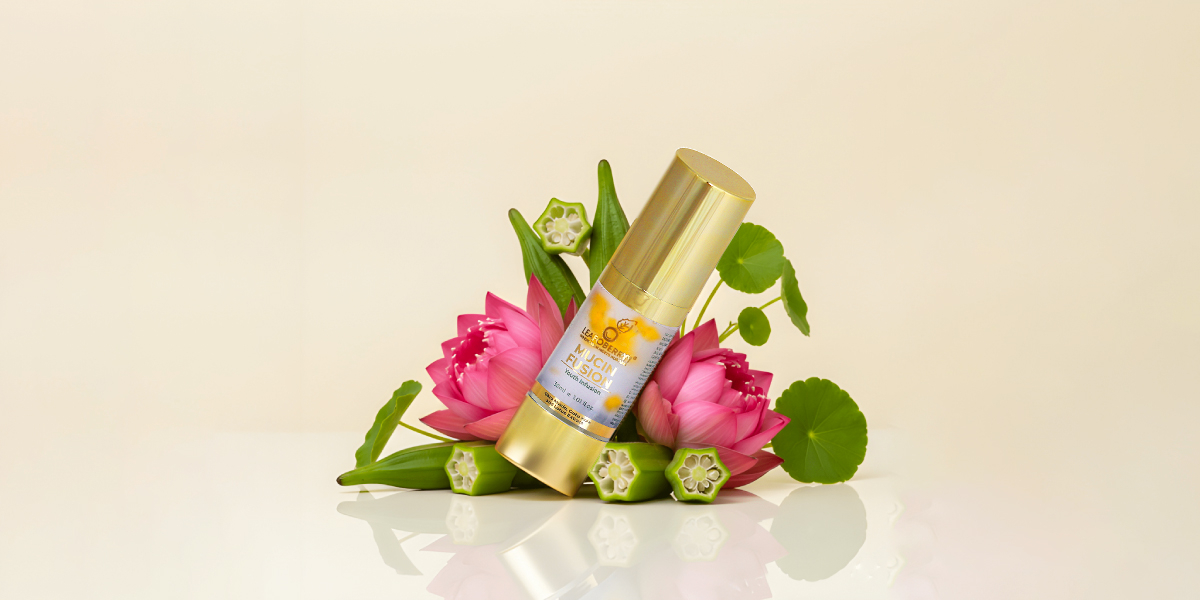
Rooted in botanical intelligence, Mucin Fusion is designed for skin that seeks hydration, smoothness, and balance—without compromise. At the heart of the formula is okra extract, offering plant-based mucin properties that help lock in moisture, enhance visible plumpness, and improve overall skin texture, making it the perfect vegan alternative to snail mucin.

This hydration framework is complemented by gotu kola, known to support skin strength and elasticity, and lotus extract, which helps calm stressed skin while offering antioxidant protection against environmental aggressors. Papaya enzymes gently refine the skin’s surface, promoting a smoother, more even appearance without disrupting the skin barrier.


To elevate glow and age-support benefits, the formula is enriched with rice seed water, hyaluronic acid, squalane and okra—a synergistic trio that deeply hydrates, softens the look of fine lines caused by dehydration, and improves skin suppleness.
Lightweight and non-sticky, Mucin Fusion absorbs effortlessly into the skin, leaving it feeling comfortable, hydrated, and visibly smoother. Suitable for all skin types and everyday use, it is thoughtfully crafted for modern lifestyles where skin is constantly exposed to environmental and digital stress. Use it after toner in the morning for a fresh, hydrated glow, and before moisturizer at night to support overnight repair.
Mucin Fusion represents a new generation of skincare, where plant-powered hydration meets thoughtful formulation to deliver lasting comfort, refined texture, and natural radiance.
Price: ₹1599 for 30ml (currently at 30% OFF)
To Buy: https://leafoberryyskincare.com/products/leafoberryys-mucin-fusion
Also Available On: Amazon, Smytten, Myntra, Blinkit (Chennai, Hyderabad & Kolkata) & more
LEAFOBERRYY Promise:
Vegan • Cruelty-Free • SLS & Paraben-Free • IFRA Approved • ISO Certified • Dermatologically Tested • FDA Approved

 Celebrities2 years ago
Celebrities2 years agoVOGUE EYEWEAR UNVEILS ‘KEEP PLAYING’, AN EFFERVESCENT CAMPAIGN WITH BRAND AMBASSADOR

 Events7 years ago
Events7 years agoVandy Mehra & Dr. Sanjana Jon hosted a fashionable evening

 Health & Beauty2 years ago
Health & Beauty2 years agoThe Face Shop Unveils the Vitamin Lip Sleeping Mask: A Revolution in Lip Care

 Lifestyle12 months ago
Lifestyle12 months agoAza Fashions Launches Flagship Store in Dhan Mill, New Delhi

 Business9 years ago
Business9 years agoUber and Lyft are finally available in all of New York State

 Celebrities2 years ago
Celebrities2 years agoAppu gives meaningful message in country’s first 4K animated

 Health & Beauty2 years ago
Health & Beauty2 years agoBaby Forest Ayurveda opens new brick and mortar store in Noida

 Health & Beauty2 years ago
Health & Beauty2 years agoSmooth skin forever? Laser Hair Removal truth
































